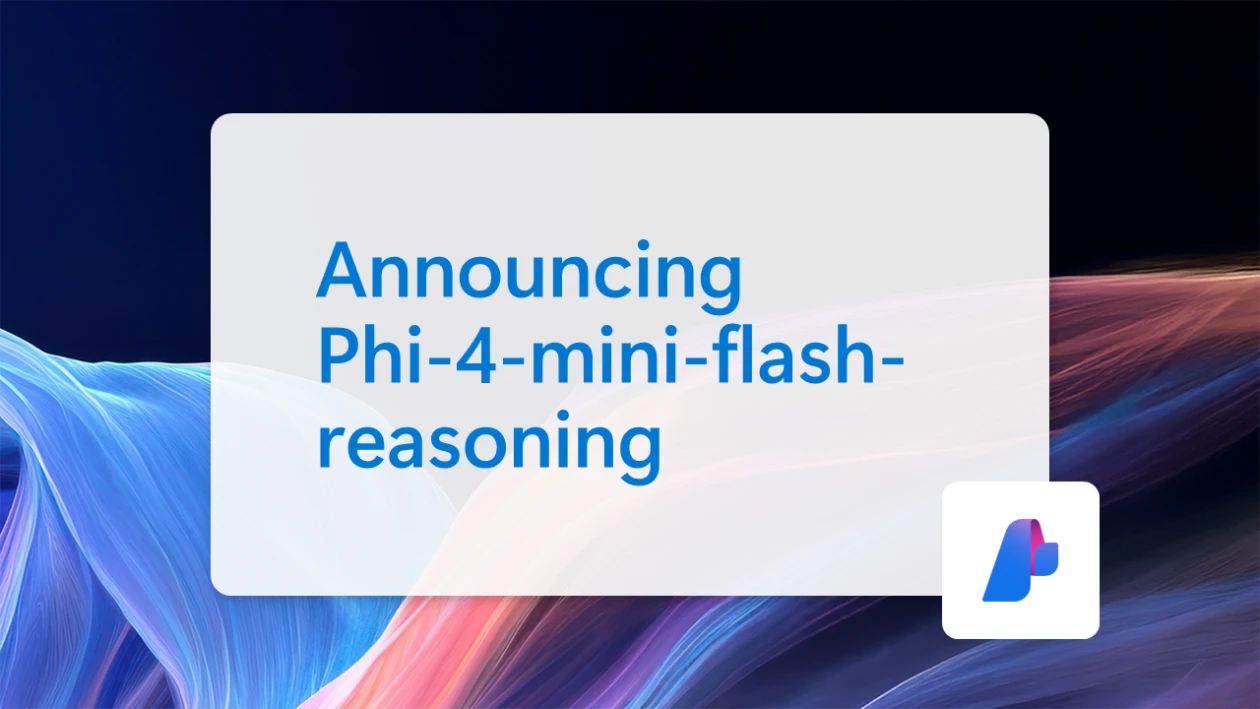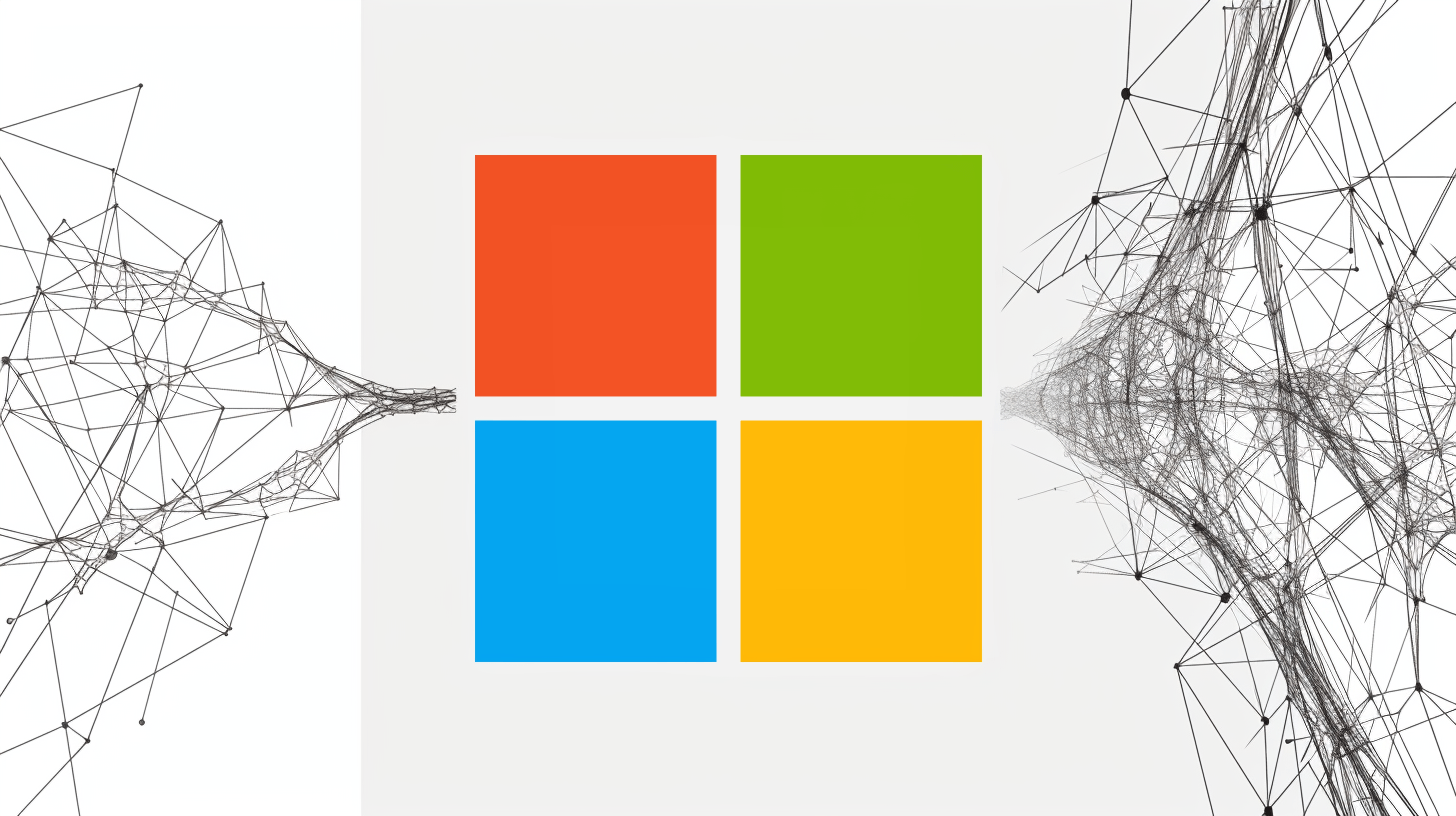
2025-07-12
Microsoft introduces Phi-4-mini-flash-reasoning with up to 10x higher token throughput

Microsoft has introduced Phi-4-mini-flash-reasoning, a lightweight AI model built for scenarios with tight computing, memory, or latency limits. Designed for edge devices and mobile apps, the model aims to deliver strong reasoning abilities without demanding hardware.
Rating
Innovation
Pricing
Technology
Usability
We have discovered similar tools to what you are looking for. Check out our suggestions for similar AI tools.
2025-11-17
Phi-4 proves that a 'data-first' SFT methodology is the new differentiator
AI engineers often chase performance by scaling up LLM parameters and data, but the trend toward smaller, more efficient, and better-focused models has accelerated. The Phi-4 fine-tuning methodology [...]
2025-12-17
Gemini 3 Flash arrives with reduced costs and latency — a powerful combo for enterprises
Enterprises can now harness the power of a large language model that's near that of the state-of-the-art Google’s Gemini 3 Pro, but at a fraction of the cost and with increased speed, thanks to [...]

2025-02-27
Microsoft expands its SLM lineup with new multimodal and mini Phi-4 models
Microsoft has added two new models to its Phi small language model family: Phi-4-multimodal, which can handle audio, images and text simultaneously, and Phi-4-mini, a streamlined model focused on text [...]

2025-05-27
How Phi-4-Reasoning Redefines AI Reasoning by Challenging “Bigger is Better” Myth
Microsoft's recent release of Phi-4-reasoning challenges a key assumption in building artificial intelligence systems capable of reasoning. Since the introduction of chain-of-thought reasoning in [...]
2025-12-02
New training method boosts AI multimodal reasoning with smaller, smarter datasets
Researchers at MiroMind AI and several Chinese universities have released OpenMMReasoner, a new training framework that improves the capabilities of language models in multimodal reasoning.The framewo [...]
2025-10-09
Nvidia researchers boost LLMs reasoning skills by getting them to 'think' during pre-training
Researchers at Nvidia have developed a new technique that flips the script on how large language models (LLMs) learn to reason. The method, called reinforcement learning pre-training (RLP), integrates [...]
2025-10-02
'Western Qwen': IBM wows with Granite 4 LLM launch and hybrid Mamba/Transformer architecture
IBM today announced the release of Granite 4.0, the newest generation of its homemade family of open source large language models (LLMs) designed to balance high performance with lower memory and cost [...]
2025-12-02
Arcee aims to reboot U.S. open source AI with new Trinity models released under Apache 2.0
For much of 2025, the frontier of open-weight language models has been defined not in Silicon Valley or New York City, but in Beijing and Hangzhou.Chinese research labs including Alibaba's Qwen, [...]
2025-12-09
Z.ai debuts open source GLM-4.6V, a native tool-calling vision model for multimodal reasoning
Chinese AI startup Zhipu AI aka Z.ai has released its GLM-4.6V series, a new generation of open-source vision-language models (VLMs) optimized for multimodal reasoning, frontend automation, and high-e [...]